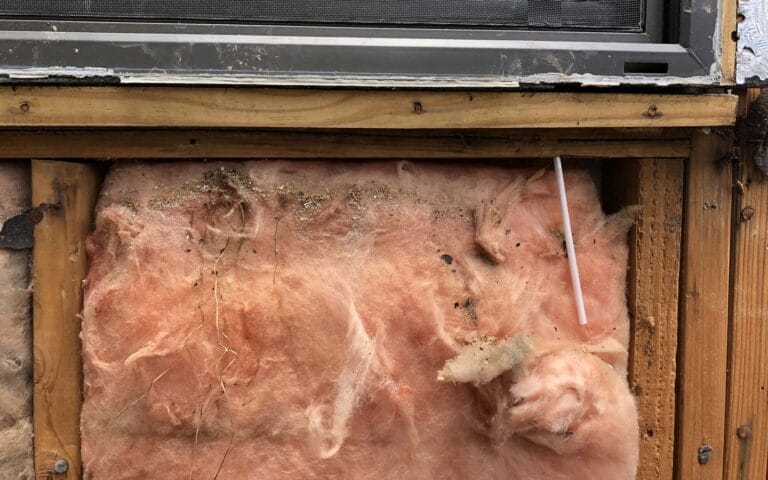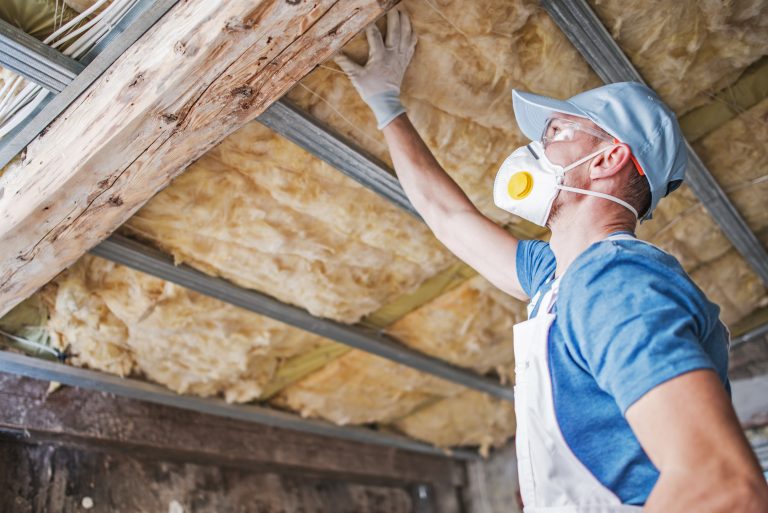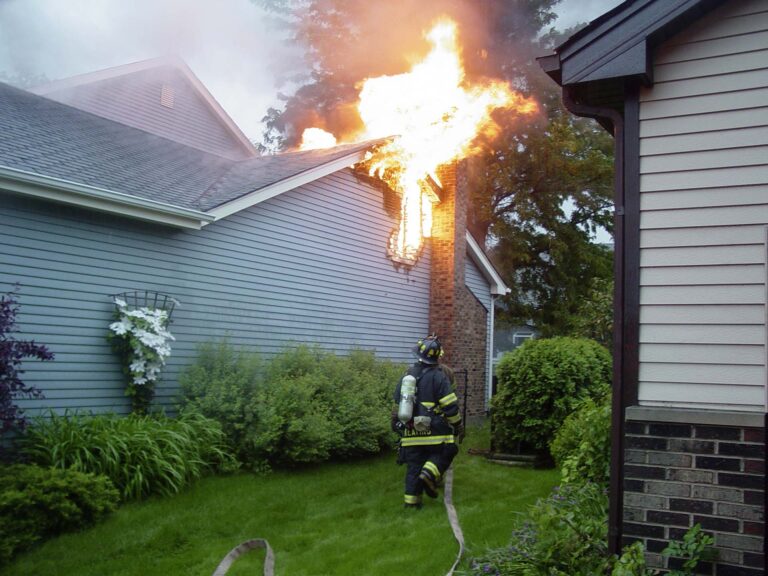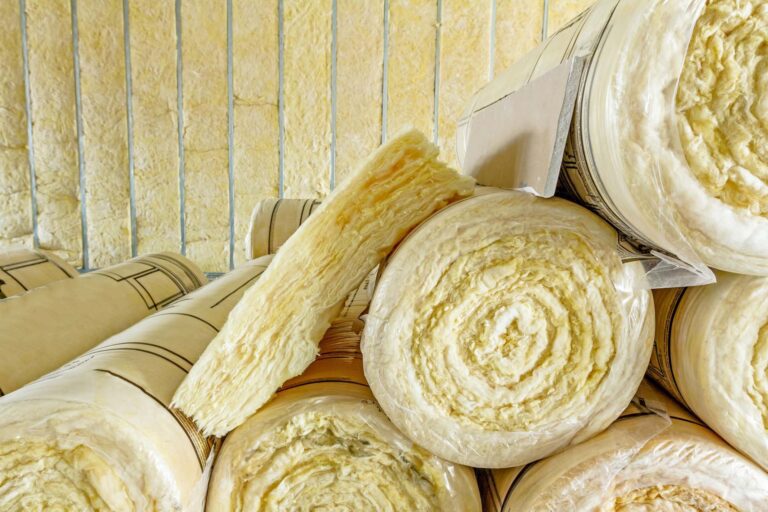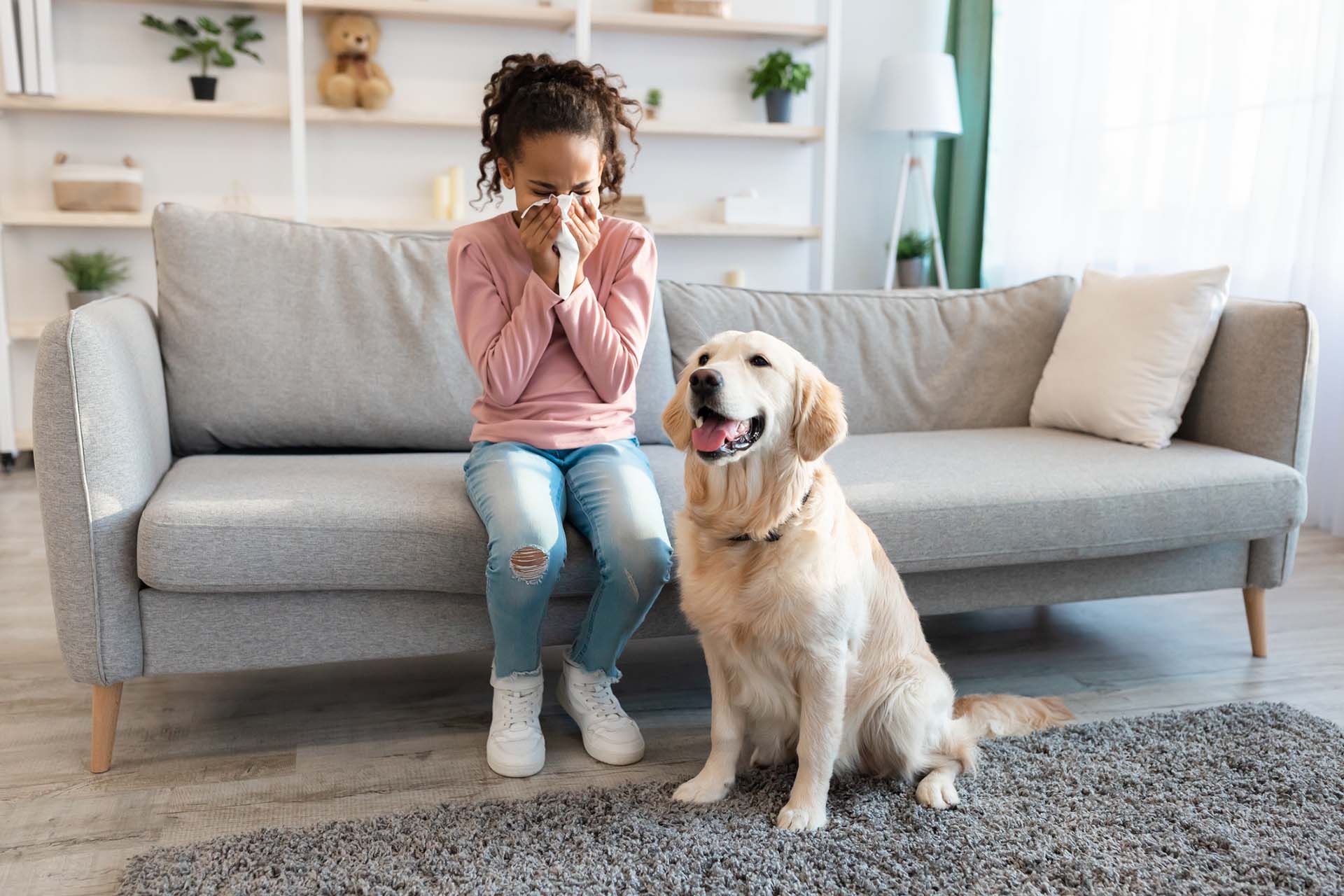
When most San Antonio homeowners think about insulation, energy efficiency and temperature control are usually the first things that come to mind. However, proper insulation offers other critical benefits that often go overlooked: It also improves indoor air quality and reduces allergens.
The Link Between Insulation and Air Quality
Indoor air quality (IAQ) is influenced by several factors, including ventilation, humidity control, and—importantly—the integrity of your building envelope. Insulation plays a key role in sealing the gaps and barriers between your indoor living spaces and the outside world. When insulation is properly installed and maintained, it helps limit the entry of airborne pollutants, such as dust, pollen, mold spores, and even exhaust fumes.
Here’s how insulation supports a cleaner, allergen-reduced indoor environment:
Air Sealing: The First Line of Defense
Effective insulation works with proper air sealing to minimize what industry professionals call “air infiltration.” This is the uncontrolled flow of outside air into your home through cracks, gaps, and penetration points. For instance, air leaks in attics, basements, crawl spaces, and around windows and doors can be invisible gateways for outdoor allergens to enter your home.
Proper insulation, especially when combined with air sealing techniques, effectively closes these gaps. As a result, it limits unwanted air exchange and acts as a first line of defense against outdoor irritants.
Air infiltration matters because:
- Pollen, dust, and outdoor pollutants find fewer entry points into your living space.
- Moisture intrusion decreases, limiting the potential for mold and mildew growth.
- Insect and pest access points are eliminated, which reduces allergens from pest droppings and remains.
Poorly insulated homes essentially “breathe” through their walls and bring in whatever airborne particles exist outside. Proper insulation creates a more controlled environment where your HVAC filtration systems can work efficiently.
Moisture Control: Preventing Mold and Mildew
Poorly insulated homes often suffer from temperature imbalances and high humidity. These are ideal conditions for mold growth. Mold spores are not only harmful to your home’s structure but are also a major trigger for allergies and respiratory issues. By regulating temperature and controlling moisture, insulation helps maintain a dry, stable environment where mold is less likely to thrive.
Quality insulation helps regulate moisture in several ways:
- Vapor barriers incorporated into insulation systems prevent condensation within walls.
- Temperature consistency throughout the home reduces “cold spots” where condensation forms.
- Reduced thermal bridging (heat transfer through building materials) prevents surface condensation.
By maintaining drier interior wall cavities and surfaces, proper insulation significantly reduces the potential for mold growth that can release spores into your indoor air.
Particulate Reduction: Less Dust Circulation
When a home is under-insulated, the HVAC system works harder to maintain comfort, drawing in unfiltered air through cracks and crevices. This can lead to a buildup of dust and allergens in ducts, filters, and vents. Proper insulation helps reduce the strain on your HVAC system and limits the amount of particulate matter that circulates throughout your home.
When insulation effectively seals the building envelope:
- Dust settles more readily rather than staying airborne.
- HVAC systems run more efficiently, allowing filters to capture more particulates.
- Less outdoor dust enters the home environment.
The result is noticeably cleaner air and reduced trigger exposure for allergy sufferers.
Types of Insulation That Support Better Air Quality
While all insulation contributes to improved indoor air quality, certain materials and methods stand out.
Spray Foam Insulation
Spray foam is one of the best choices for sealing your home tightly. When installed properly, it expands to fill every crack and gap, helping to:
- Block pollen, dust, and outdoor air pollutants
- Reduce moisture that leads to mold and mildew
- Keep pests from getting into walls and attic spaces
Closed-cell spray foam also acts as a vapor barrier, making it a smart option for San Antonio homes where humidity is a concern.
Bonus: It doesn’t sag or settle over time, so it keeps working year after year without releasing particles into your air.
Fiberglass Insulation
Traditional fiberglass insulation has come a long way. Modern encapsulated fiberglass batts are wrapped in a protective layer that:
- Stops loose fibers from entering the air
- Reduces itching or irritation during installation
- Helps keep moisture out
Fiberglass still insulates well, and when it’s properly sealed with an air barrier or vapor barrier, it can contribute to healthier indoor air.
Insulation Types to Be Cautious About
- Old, degraded insulation: Materials like outdated fiberglass, vermiculite, or insulation that’s become moldy can pollute your air.
- Spray foam with high VOCs: Some older types of spray foam may release volatile organic compounds (VOCs) if not mixed or installed correctly. At Geo Insulation, we use low-VOC spray foam to avoid these issues.
Beyond Installation: Creating a Comprehensive Air Quality Strategy
The connection between quality insulation and improved indoor air quality is clear. By creating a more controlled indoor environment with fewer entry points for allergens and pollutants, proper insulation serves as a crucial component in any healthy home strategy. For allergy sufferers especially, the investment in professional insulation services often pays dividends not just in energy savings, but also in significantly improved quality of life and reduced medical costs.
If you’re concerned about indoor air quality and allergies, a professional insulation assessment is an excellent first step toward creating a healthier home environment. Look beyond basic R-values to find an insulation partner who understands the important relationship between insulation, air sealing, and the air you breathe.
Contact Geo Insulation today to schedule your free insulation consultation and take the first step toward a cleaner, healthier home.

